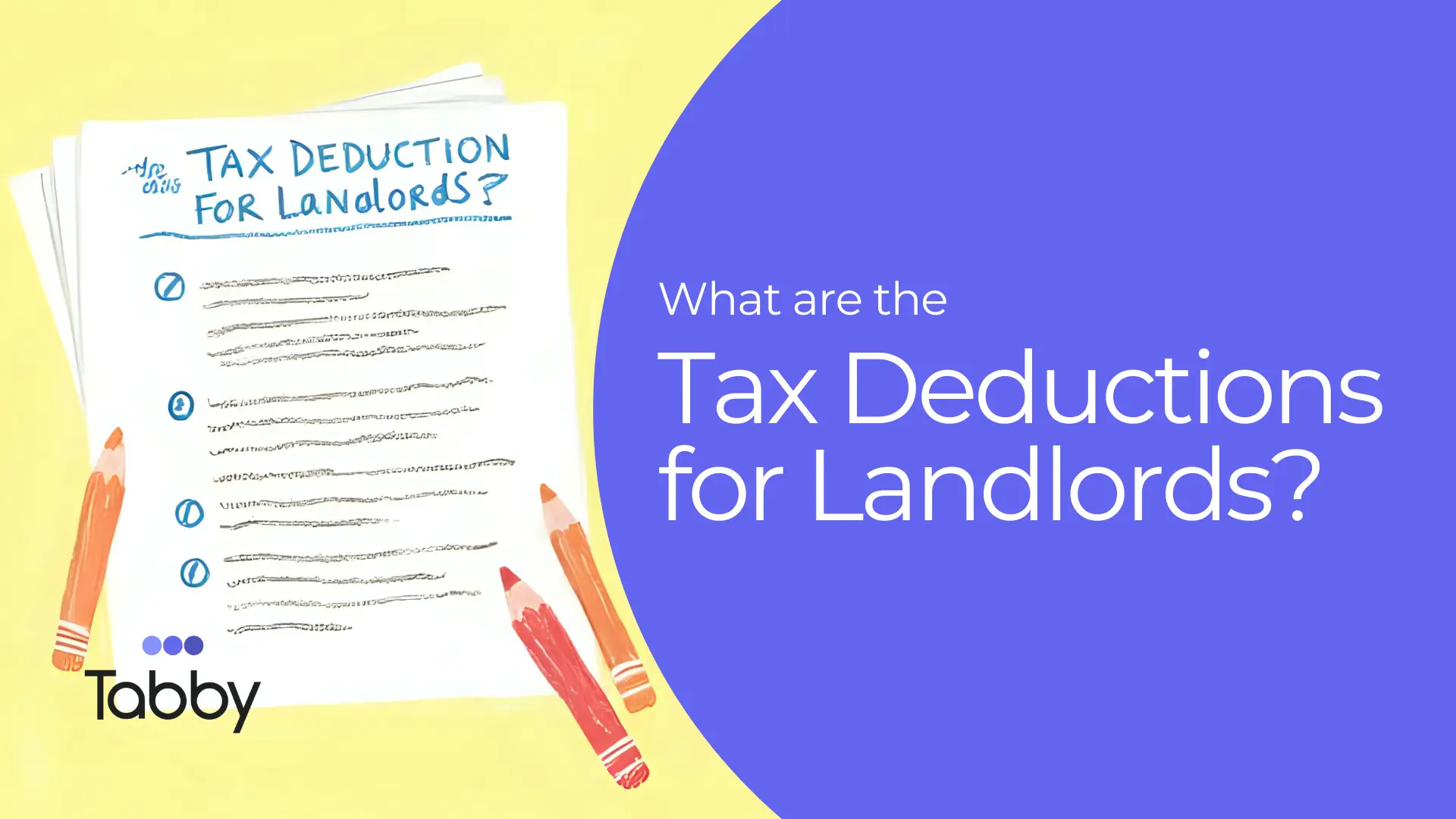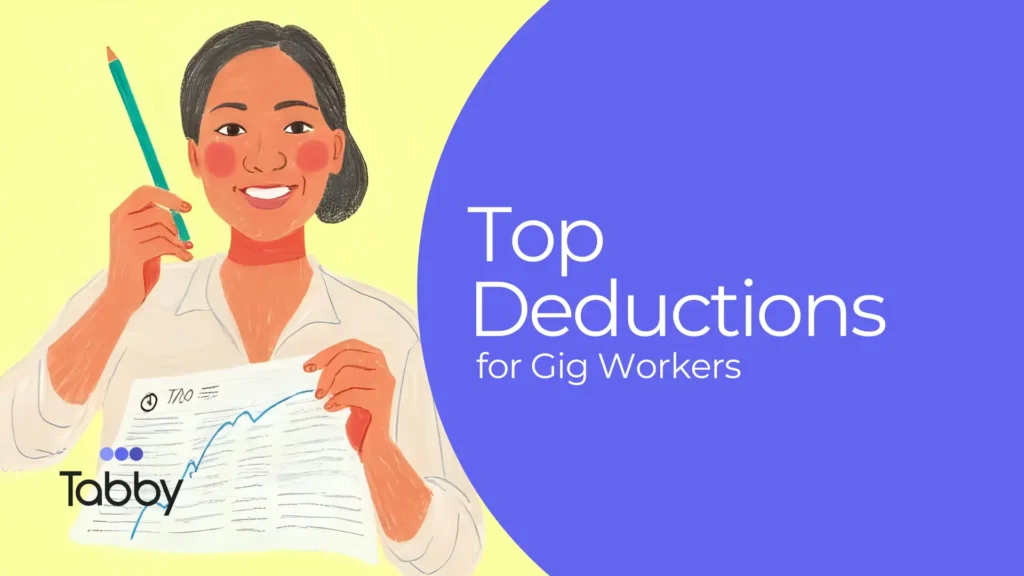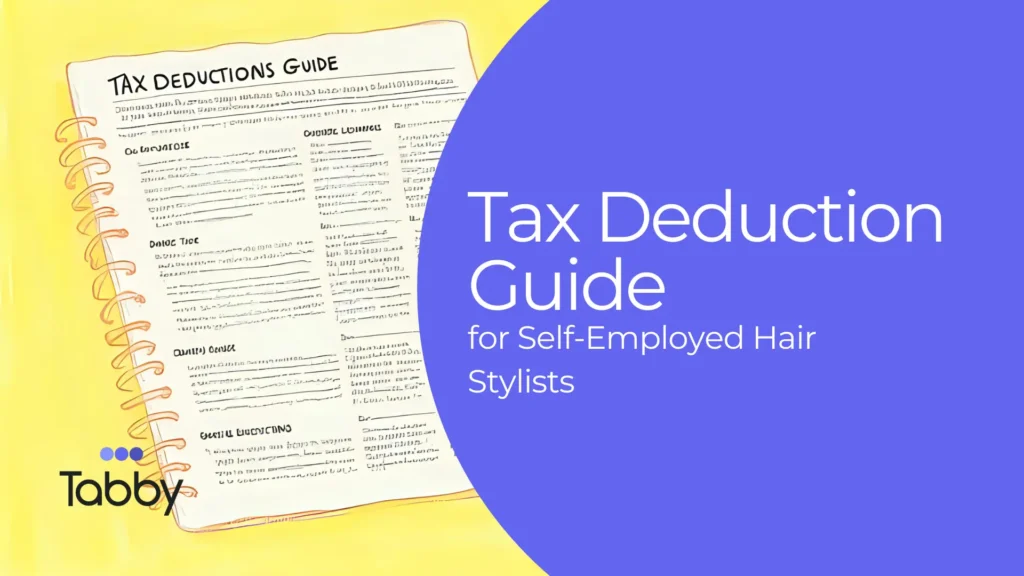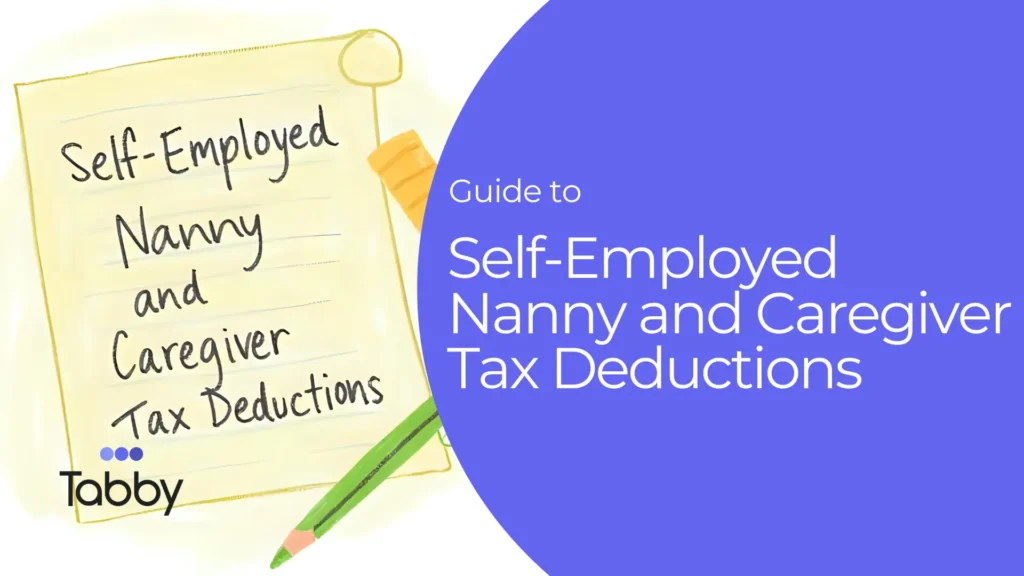- Tax Preparation,
- | November 12, 2025
What are the Tax Deductions for Landlords?

If you own rental property, you already know it’s not just about collecting rent. Properties need repairs, tenants move out, and the bills never stop. The good news is the IRS lets landlords deduct a long list of expenses to lower taxable rental income. The bad news? Many landlords don’t keep good records and end up paying more tax than they should.
I’ve seen it happen plenty of times as a CPA. A landlord shows up in April with a folder full of rent deposits but nothing to back up their expenses. They remember paying for repairs, they think they had some insurance bills, but they can’t put the numbers together. That’s how deductions get missed.
This guide lays out the main landlord tax deductions, how they work, and how to track them so you don’t leave money on the table.
What is a Landlord Tax Deduction?
A landlord tax deduction is simply a business expense connected to running your rental property. You collect rental income, and you subtract expenses. Whatever is left is taxable.
The key distinction the IRS makes is between repairs (deductible in the year you pay them) and improvements (added to the cost of the property and depreciated over time). Replacing a broken window is a repair. Adding a new roof is an improvement. One gives you a deduction now, the other spreads the deduction over many years.Calculate your tax as a landlord from here.
Common Tandlord Tax Deductions
Here are the categories most landlords should know:
Mortgage Interest
If you have a loan on your rental, the interest portion of your payment is deductible. For many landlords, this is the single biggest deduction each year.
Property Taxes
Property tax bills aren’t optional. Luckily, they’re deductible.
Insurance
That includes landlord insurance, liability coverage, and even flood or fire insurance if required.
Repairs and Maintenance
Fixing a leaky faucet, patching drywall, repainting a unit, replacing broken appliances, all are deductible as current expenses.
Property Management Fees
If you hire a management company, their fees count as a deduction. Even smaller things like leasing commissions or tenant placement fees are deductible.
Utilities
If you pay for water, heat, trash collection, or other services as the landlord, those costs can be written off.
Depreciation
This is the big one most new landlords miss. You get to deduct a portion of the building’s value every year, usually over 27.5 years for residential property. It doesn’t apply to the land, only the building. Depreciation is complicated, but it can be worth thousands each year.
Professional Services
Accountants, attorneys, bookkeepers, even fees paid to consultants. If it helps you run the rental business, it qualifies.
Advertising and Marketing
Online listings, signs, or even a website for your rental business are deductible.
Travel
Driving to the property, picking up supplies, or meeting contractors all count as business mileage. If you own rentals outside your area, travel to check on them can be deductible too.
How to Track Landlord Expenses
Deductions only work if you can prove them. That means receipts, bank statements, and records. A few practical tips:
- Use a separate bank account for your rental activity. Don’t mix it with personal spending.
- Save every invoice and receipt. Snap a photo with your phone if you get a paper one.
- Keep digital copies in one folder. Cloud storage works well.
- Track mileage with a log or app. Guessing is not enough for the IRS.
- Review your numbers monthly. Waiting until April is how expenses get missed.
I’ve had landlords show up with a shoebox of receipts at tax time. It’s messy, and it usually means missed deductions. A clean system saves money and stress.
Mistakes Landlords Make
A few patterns show up again and again:
- Mixing repairs with improvements: They deduct a new roof all at once when it should be depreciated. That can trigger IRS questions.
- Forgetting depreciation: Many first-time landlords don’t realize it exists. Missing it means giving away thousands in deductions.
- Not tracking small expenses: Things like cleaning supplies, lock changes, or mileage to the property add up.
- Mixing personal and rental accounts: Paying for groceries and property repairs from the same card makes record-keeping a nightmare.
How Tabby Helps Landlords
Most landlords didn’t buy property because they love paperwork. They wanted cash flow, equity growth, or a long-term investment. But keeping the books is still part of the job. That’s where Tabby comes in.
Tabby connects to your bank account and pulls in every transaction. It sorts expenses into categories automatically repairs, insurance, property taxes, and so on. You can track multiple properties in one place and get reports ready for Schedule E at tax time.
Instead of scrambling through receipts in April, you’ll already have clean records and reports that your accountant (or you, if you DIY) can use immediately.
Final Thoughts
Rental property can be a solid investment, but you don’t want the IRS to take more than their fair share. The deductions are there to recognize that managing property costs money.
Claiming mortgage interest, property taxes, insurance, repairs, depreciation, and all the smaller costs can save landlords thousands every year. The key is to keep good records and separate personal from rental expenses.
If tracking expenses sounds overwhelming, let a tool like Tabby handle it for you. It keeps everything organized, so when tax season comes, you don’t panic. You just hand over the report and move on with your life.
FAQs
What are the most common landlord tax deductions?
Mortgage interest, property taxes, insurance, repairs, maintenance, depreciation, and management fees.
Can landlords deduct property management fees?
Yes, management fees, leasing commissions, and tenant placement costs are deductible.
How does depreciation work for rental property?
You spread the cost of the building over 27.5 years. Each year, you deduct a portion of that cost. Land is not depreciable.
What expenses are not deductible for landlords?
Personal use of the property, improvements (these must be capitalized), and expenses without receipts or documentation.



